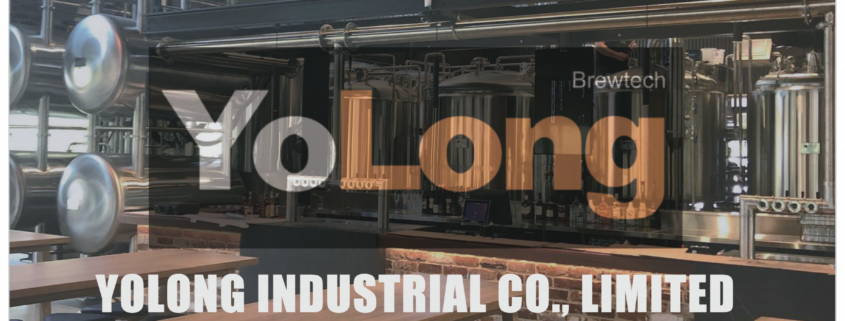Best Brewery Equipment for Craft Beer Enthusiasts in 2025
Brewing beer isn’t just a science; it’s an art. Whether you’re a seasoned professional or an enthusiastic beginner, having the best brewery equipment is the cornerstone of creating that perfect pint. This guide will walk you through everything you need to know, from the core components of brewery equipment to brand recommendations, energy-saving tips, and more.
Overview of the Best Brewery Equipment
What makes brewery equipment the “best”? It’s not just about the bells and whistles—it’s about functionality, efficiency, and scalability. The best equipment should meet your specific needs, whether you’re a home brewer expanding your hobby or a professional setting up a microbrewery.
Modern brewing equipment combines traditional craftsmanship with cutting-edge technology, offering precision control, energy efficiency, and high-capacity output. Whether it’s fermenters, mash tuns, or chilling systems, quality equipment ensures consistency and flavor integrity in every batch. Let’s delve deeper into what makes these tools essential.
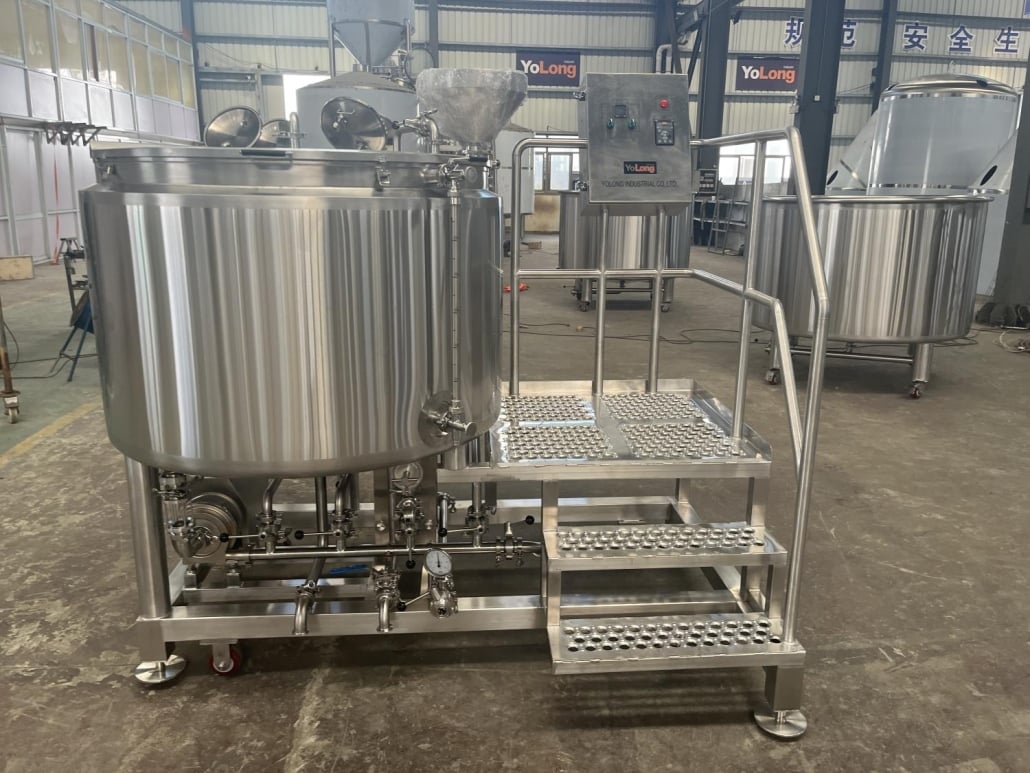
The Core Parts of the Best Brewery Equipment
Every brewery relies on several core components to function seamlessly. These pieces of equipment are the building blocks of any brewing process. Here’s a detailed look:
Mash Tun
The mash tun is where it all begins. This vessel mixes crushed grains with hot water to convert starches into fermentable sugars. High-quality mash tuns come with features like precise temperature control and insulation to maintain consistent heat levels—a critical factor for achieving the right flavor profile.
Lauter Tun
Following the mash tun, the wort is separated from spent grains in the lauter tun. An efficient lauter tun is vital for clarity and quality, as it ensures a smooth filtration process. Look for options with advanced raking systems for maximum efficiency.
Boiling Kettle
The boiling kettle (or brew kettle) is where the magic happens. This is where hops are added, and the wort is sterilized. Modern kettles feature automated stirring mechanisms, advanced heating systems, and precise temperature monitors for optimal brewing.
Fermenters
Fermenters are the heart of beer production. These vessels house the wort during fermentation, turning sugars into alcohol. Stainless steel fermenters with cooling jackets and pressure controls are a must for any serious brewer.
Heat Exchangers
After boiling, the wort must be rapidly cooled before fermentation. Heat exchangers are critical for this step, ensuring energy efficiency and maintaining the integrity of the wort. High-quality units allow for precise control of cooling rates.
Bright Tanks
Bright tanks are where beer is conditioned, carbonated, and clarified. These tanks ensure the final product is bright and ready for packaging. Durable, easy-to-clean stainless steel bright tanks with pressure controls are a brewer’s best friend.
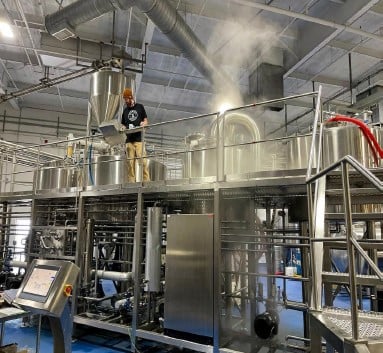
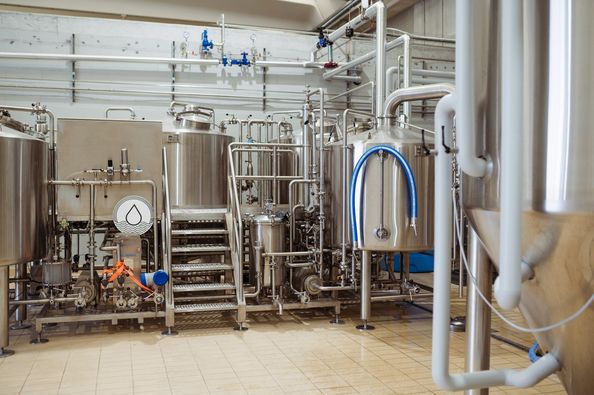
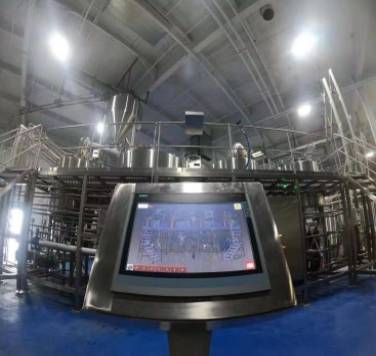
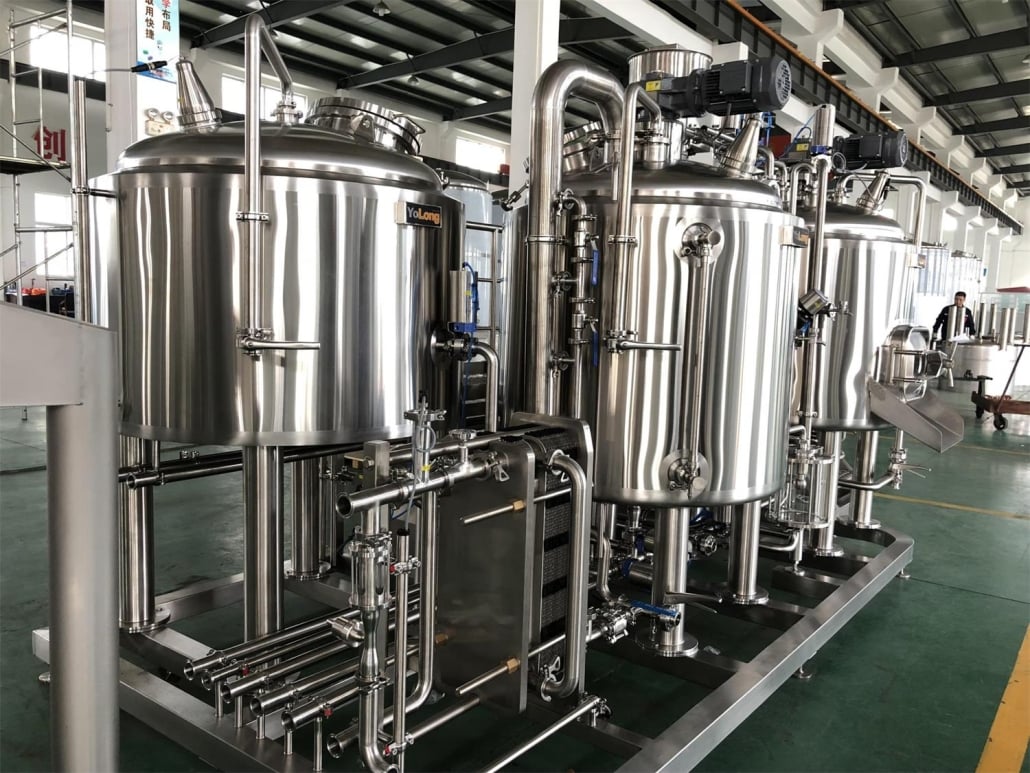
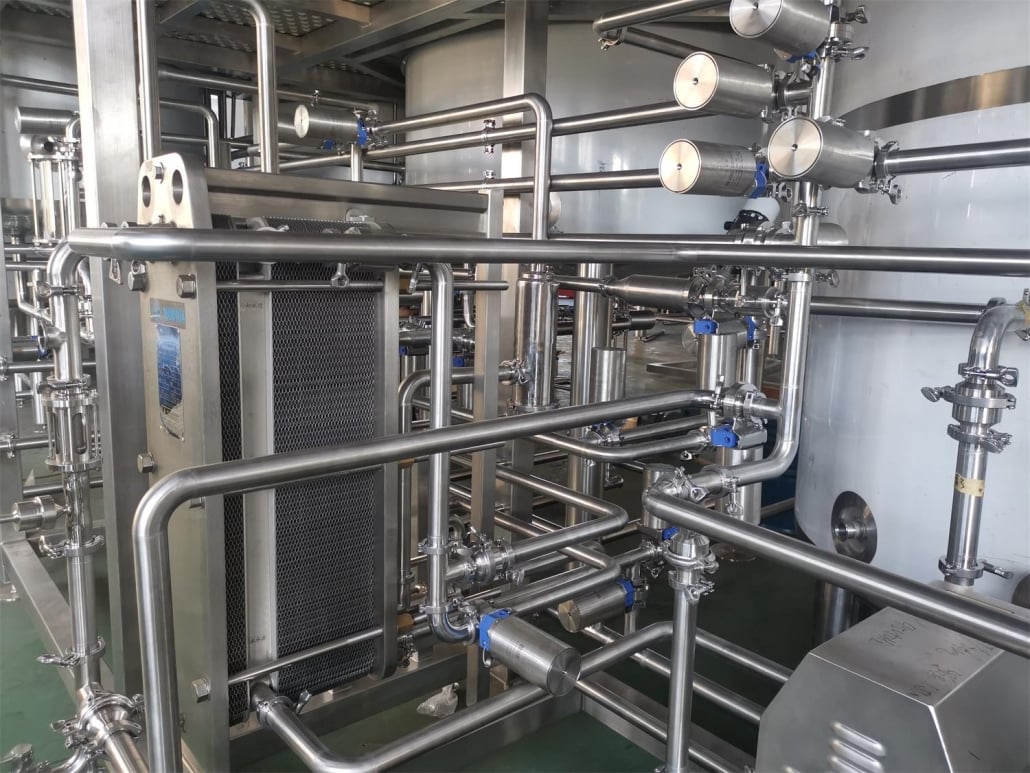
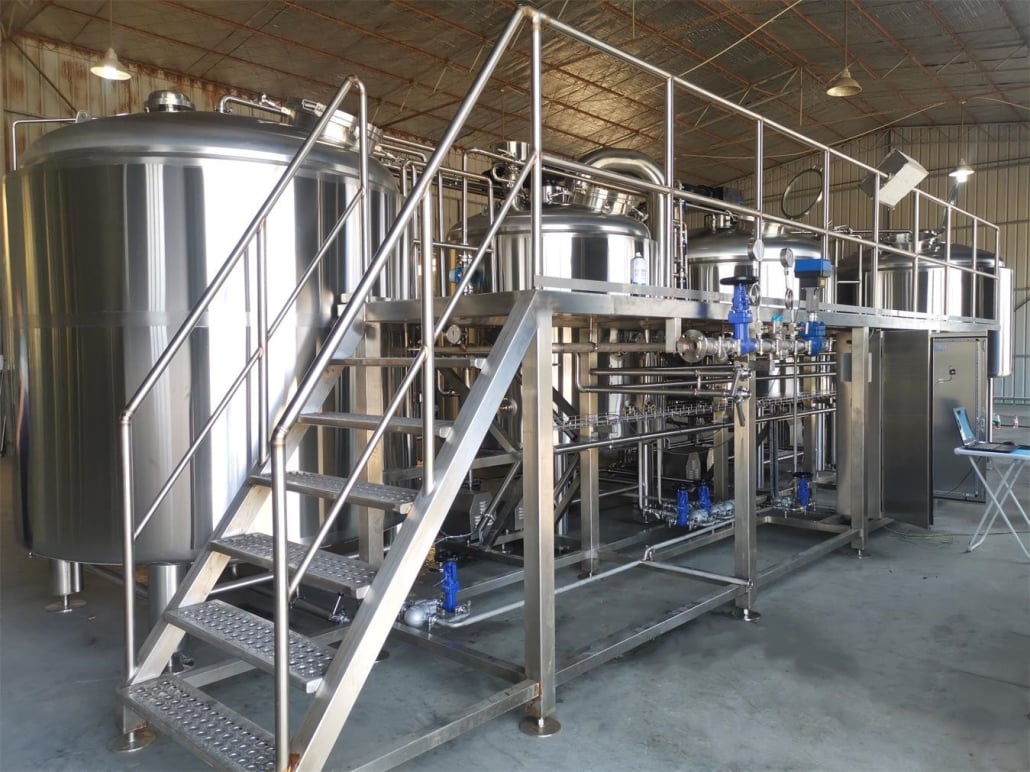
The Functions and Importance of Each Core Component
Each piece of brewery equipment plays a distinct role. Let’s break it down:
- Mash Tun: Converts starches into fermentable sugars, setting the foundation for your beer’s flavor and alcohol content.
- Lauter Tun: Separates wort from spent grains, ensuring clarity and efficiency.
- Boiling Kettle: Sterilizes the wort and incorporates hops for bitterness, aroma, and flavor.
- Fermenters: Enable yeast to transform sugars into alcohol, defining your beer’s character.
- Heat Exchangers: Quickly cool the wort, preventing contamination and improving energy efficiency.
- Bright Tanks: Condition and carbonate the beer, ensuring it’s ready for packaging and consumption.
Each component’s quality and functionality directly affect the brewing process, making it essential to invest in the best.
How to Choose the Right Brewery Equipment
Selecting the best equipment depends on your goals, budget, and space. Here’s what to consider:
1. Define Your Brewing Goals
Are you brewing for personal enjoyment or commercial purposes? Home brewing equipment differs significantly from professional-grade systems.
2. Assess Your Budget
Brewing equipment varies widely in price. While top-tier equipment offers advanced features, there are cost-effective options for smaller operations.
3. Consider Your Space
The size of your brewery determines the equipment you can accommodate. Measure your space and ensure proper ventilation and drainage systems are in place.
4. Prioritize Quality
Durable materials like stainless steel ensure longevity and hygiene. Look for equipment with certifications like FDA approval for food-grade materials.
5. Look for Scalability
If you plan to expand, invest in equipment that grows with your production needs. Modular systems are excellent for scalability.
Best Brewery Equipment Brand Recommendations
Here’s a table of some of the most reliable brands and their standout features:
| Brand | Specialty | Price Range | Features |
|---|---|---|---|
| Blichmann Engineering | Home brewing systems | $500–$5,000 | Precision controls, modular designs |
| Ss Brewtech | Fermenters, mash tuns | $1,000–$10,000 | Stainless steel, professional-grade |
| BrauKon | Commercial brewing equipment | $50,000+ | Turnkey systems, advanced automation |
| Grainfather | All-in-one brewing systems | $800–$3,000 | Compact design, Bluetooth connectivity |
| Alpha Brewing Ops | Custom brewery setups | $20,000–$200,000+ | Fully customizable, energy-efficient |
Best Brewery Equipment for Energy Conservation and Environmental Protection
Sustainability is a growing priority for brewers. Here’s how modern equipment can help:
1. Energy-Efficient Heating Systems
Indirect heating systems and steam boilers minimize energy consumption during mashing and boiling.
2. Water Recycling Systems
Closed-loop systems reuse water for cooling and cleaning, reducing waste.
3. Solar-Powered Breweries
Many breweries are integrating solar panels to power their operations, significantly lowering their carbon footprint.
4. Grain Reuse
Spent grain can be repurposed for animal feed or compost, adding an eco-friendly edge to your brewing process.
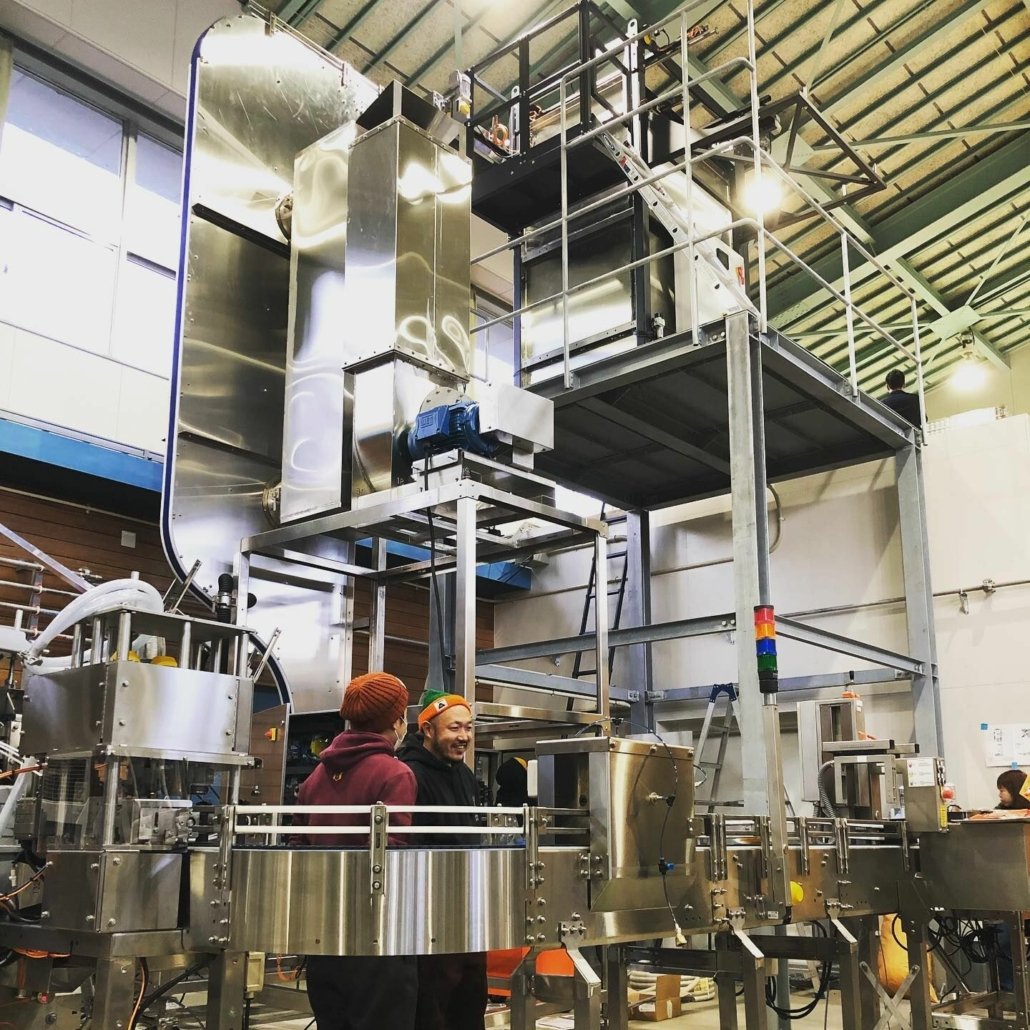
FAQ
| Question | Answer |
|---|---|
| What is the most important brewery equipment? | Fermenters are critical, as they define the beer’s final quality. |
| How much does brewery equipment cost? | Costs range from $500 for home setups to $500,000+ for commercial systems. |
| Can I brew beer without a mash tun? | No, the mash tun is essential for converting starches into fermentable sugars. |
| What’s the best material for brewing equipment? | Stainless steel is the best due to its durability, hygiene, and ease of cleaning. |
| How do I maintain brewery equipment? | Regular cleaning, sanitizing, and checking for wear and tear are crucial. |

